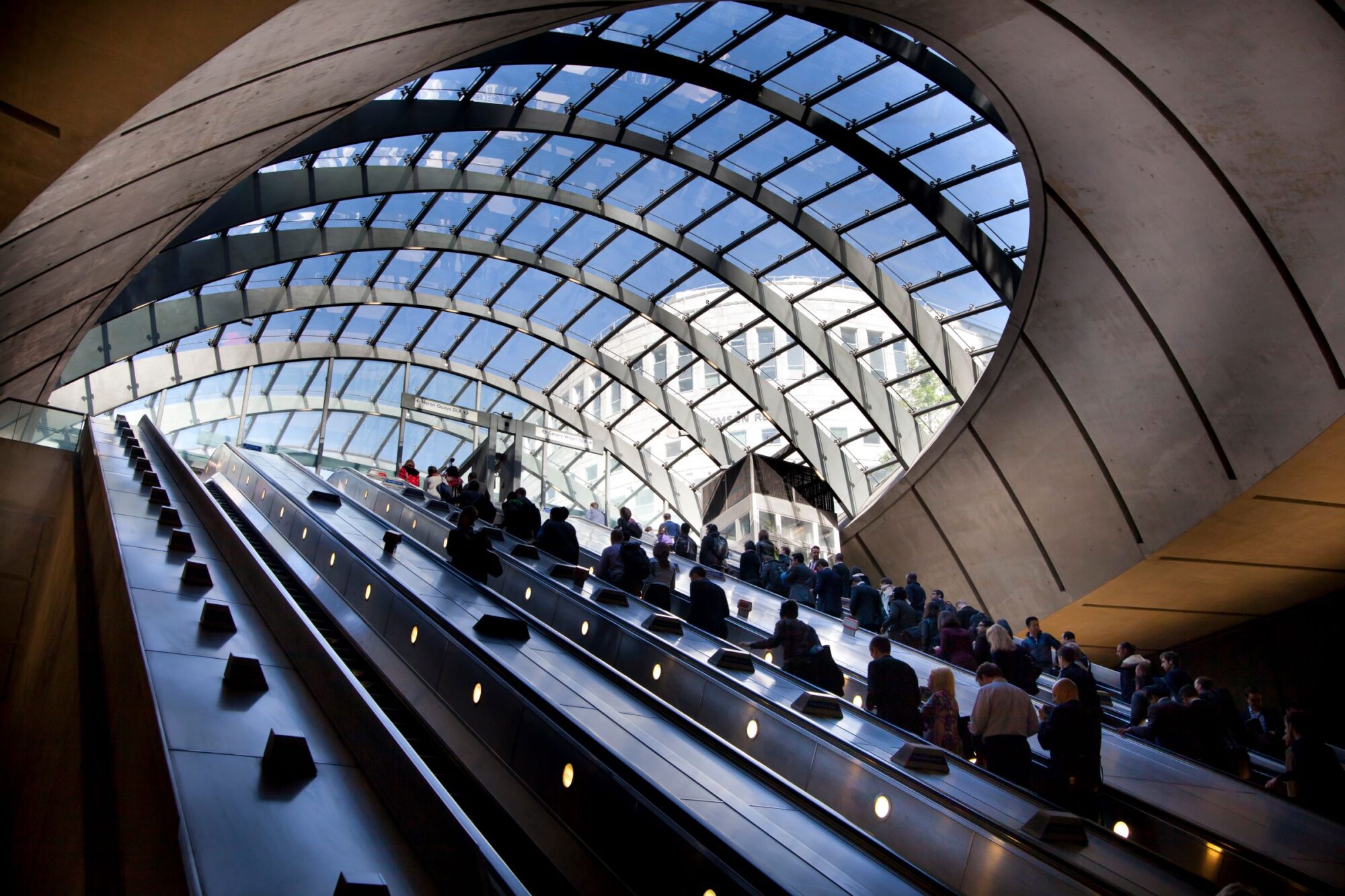The pride in delivering a service across hundreds of locations, day after day, through hundreds of committed staff. If you do not en-joy the people aspect of cleaning, then you are in the wrong industry. And yet the human factor has proved immensely difficult to deal with in 2020, especially for those contractors involved in office cleaning, retail, hospitality and, as is the case here at DOC, in the cleaning of museums, galleries and entertainment venues.
Many industries have been hit hard, but cleaning, an outsourced industry whose destiny is so utterly bound up with the fortunes of customers, has taken a beating in human terms. Brave staff, who have acted as an emergency service before, during and after lockdown, now face a protracted period of unemployment until such time as the country is rescued by a vaccine. The reinstatement of furlough, whilst welcome, was regrettably announced rather late in the day for many employees.
It is not just frontline staff who have felt the strain. Whilst other industries ravaged by the pandemic have cut overheads, the labour-intensive nature of cleaning means that our overhead has been under far greater pressure than in normal times. HR, payroll, admin, finance, operations – all have had their shoulder to the wheel solidly since March. As we all know, the sheer weight of amendments to rosters, timesheets, payroll, and invoices, not to mention the handling of potential redundancies, has placed demands on overhead in a way that is hard to imagine in other industries.
COVID-19 has thrown into sharp relief the perils of working as an outsourced supplier or contractor. One of the reasons why organisations outsource in the first place is to benefit from the inherent flexibility of the arrangement – the ability to switch a service on or off at fairly short notice. Yet it has also highlighted the peculiar disconnect that exists in cleaning between the value of the service during the pandemic and its apparent expendability. In what I hope will turn out to be a minority of cases, I have heard about customers who were quick to ignore contracts and suspend cleaning with little or no notice – all in a manner that is hard to imagine with other outsourced services. Have organisations whose buildings have remained closed for long periods cancelled their IT support contracts for example? Or did they see it as too big a risk?
On the positive side, I am also aw are of many customers who have made financial commitments to their cleaning contractor in the form of retainer payments whilst their buildings have been wholly or partially closed. They have understood that cleaning contractors did not have the option of simply closing down until the storm blew over. They have recognised the benefits of continuity, knowing that when the time comes their contractor will be ready and primed to restart the service, not to mention being available at a moment’s notice to step in with interim emergency cleaning tasks.
The creation of sustainable employment and the protection of employees’ health and safety has always been a key strategic objective both at DOC and for the vast majority of contractors who are in this business for the long term. It is of immense credit to our industry that we have doggedly pursued this objective throughout the pandemic and that we will continue to do so until life returns to normal.
Season’s Greetings to you all. Here is to a New Year that more closely resembles the ones we are used to!
Published in December issue of Tomorrow’s FM.
